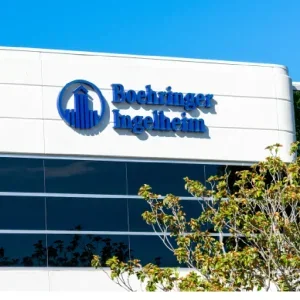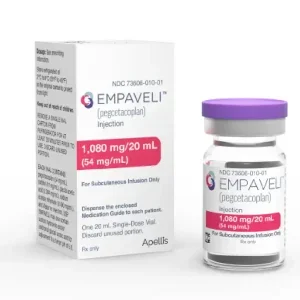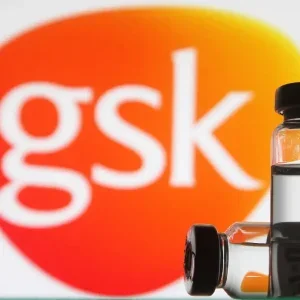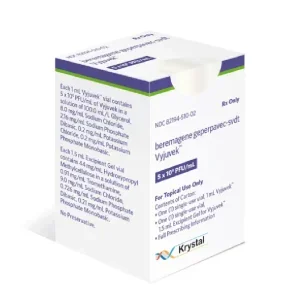AI-driven pharma-tech firm Exscientia has received $4.2m funding from the Bill & Melinda Gates Foundation to discover new therapeutics for malaria, tuberculosis, and non-hormonal contraception.
The company intends to use its AI-based Centaur platforms for applying genome scale AI-drug discovery to address critical global health challenges.
Its Centaur Biologist platform will implement domain-specific knowledge graphs and deep learning algorithms to extract insights from the public bodies and prioritise small-molecule tractable non-hormonal contraceptive (NHC) opportunities.
The platform is designed to prioritise opportunities, ranging from existing under-appreciated targets to complex new dual-target opportunities, in response to objectives set by Exscientia scientists.
The company is also planning to leverage its Centaur Chemist platform, which can be applied to evolve novel bispecific small molecules.
Exscientia CEO Andrew Hopkins said: “Exscientia is committed to applying AI to deliver transformational drugs for the benefit of all patients. Through our investments in Centaur Biologist we can now qualify targets objectively, at genome scale.
“Similarly, our Centaur Chemist platform can tackle a range of challenges, in particular the design of bispecific small molecules that can deliver an improved response through dual-targeting, by assessing thousands of possible target combinations.
“We are delighted to receive financial support from the foundation to develop much-needed first-in-class therapies to these disease areas to address key global health needs.”
Bill & Melinda Gates Foundation funding will promote new treatments for infectious diseases
Exscientia said that the funding would promote advanced treatments for infectious diseases, including malaria and tuberculosis, along with new medicines for family planning, by applying both Centaur systems at genome scale.
Malaria and tuberculosis are the leading causes of death across the world, and their prevalence is associated with poverty, unmet clinical needs, treatment side-effects, emerging drug resistance, and failure in R&D for new-generation medicines.
The company said that an estimated more than 214 million women in developing countries are still under unmet need for modern contraception, and family planning is important in reducing maternal, infant and child mortality.
Established in 2012, Exscientia is focused on AI technology to drive drug discovery. The company is based in Oxford, England with offices in Dundee, Scotland, the US and Japan.






